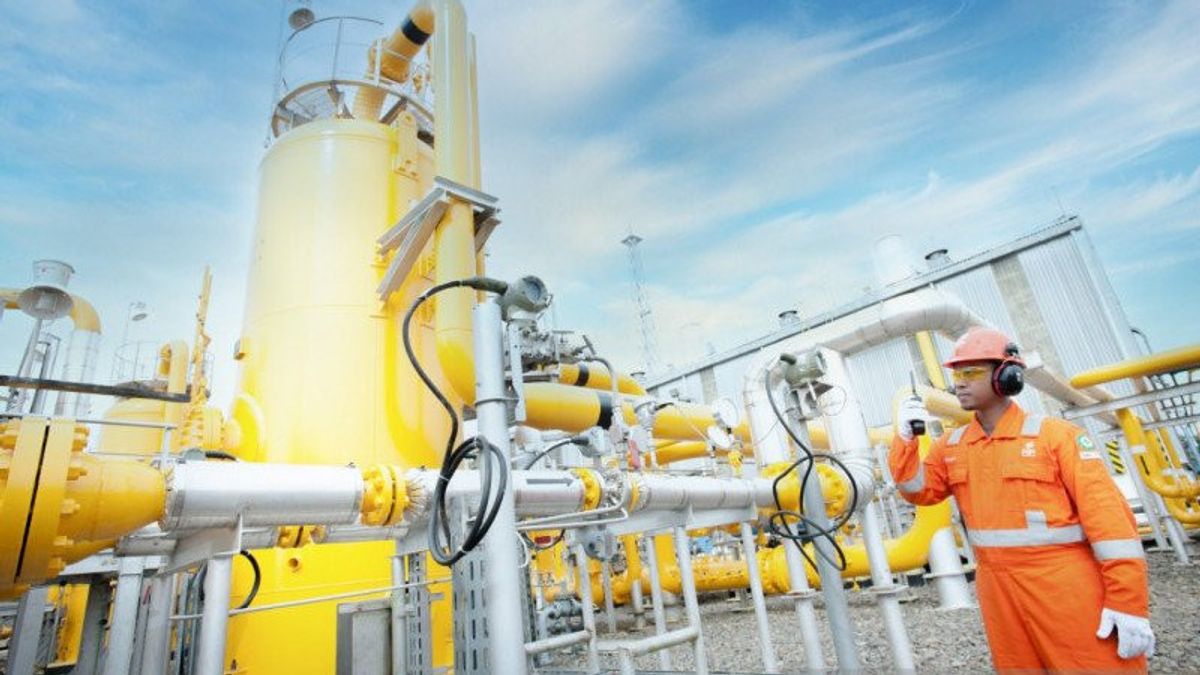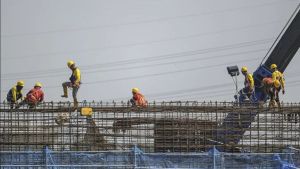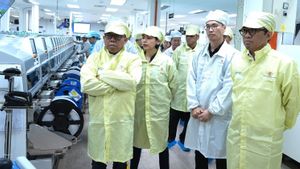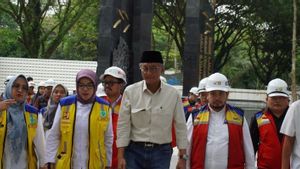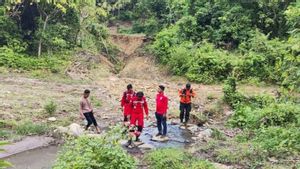JAKARTA - PT Perusahaan Gas Negara (PGN) has started the construction of the GasKita household gas network (Jargas) with the company's internal investment scheme, which will take place in 15 locations in 11 regencies/cities in four provinces.
The construction at the 15 points consists of four provinces, namely Lampung, Special Capital Region (DKI) Jakarta, Banten, and West Java (Jabar).
The 11 regencies/cities are East Jakarta, Central Jakarta, and West Jakarta in the DKI Jakarta Province; Bogor, Bekasi, Karawang, and Cirebon in West Java; Cilegon, Tangerang City, and Tangerang Regency in Banten; and Lampung.
PGN CEO M Haryo Yunianto said his party is committed to accelerating the use of clean, environmentally friendly energy, which at the same time helps the government reduce energy subsidies.
"This is part of PGN's real commitment to developing domestic energy use through PGN's internal investment scheme," said Haryo in Jakarta, Tuesday, August 2.
He continued, the program is also an effort to reduce imported energy subsidies, which are one of the burdens of the state budget.
The jargas program is also included in the 2020-2024 National Medium-Term Development Plan (RPJMN) with a target of four million household connections throughout Indonesia.
"This construction is the initial stage of the GasKita Jargas with a total connection of around 92,000 SR which is part of the effort to achieve the target of 400,000 household connections by 2022," said Haryo.
He said the development was part of the commitment to optimally utilize domestic resources.
According to him, the connection of the GasKita Jargas will use a domestically produced polyethylene type pipe, so that it can reach a Domestic Content Level (TKDN) of at least 45 percent.
"The construction of this gas network is expected to encourage a multiplier effect in driving the regional economy, absorption of local workers, and the involvement of regional partners in development sites," he said.
According to Haryo, Pertamina Gas Subholding continues to be committed to expanding the use of domestic natural gas in all sectors in order to increase the utilization of clean, environmentally friendly energy as a real solution in the energy transition period.
The English, Chinese, Japanese, Arabic, and French versions are automatically generated by the AI. So there may still be inaccuracies in translating, please always see Indonesian as our main language. (system supported by DigitalSiber.id)
